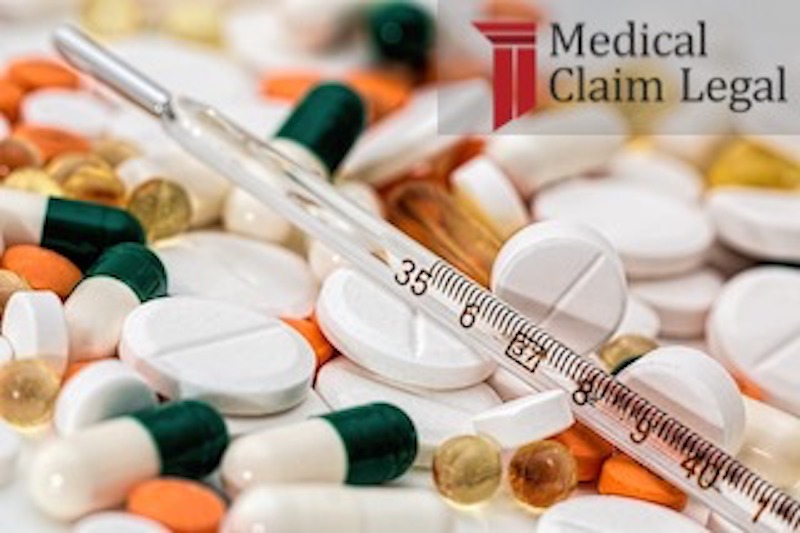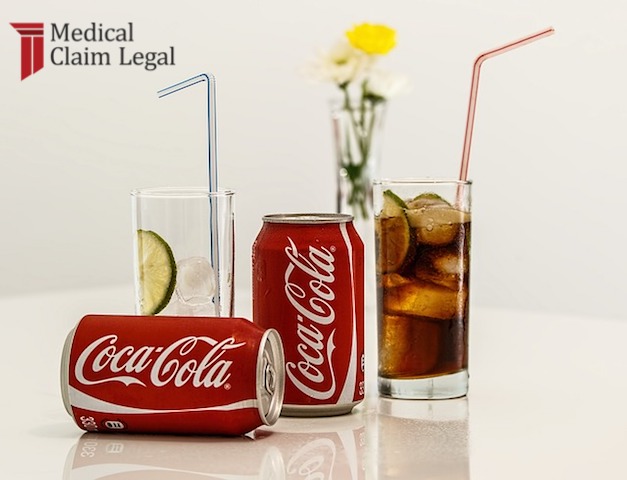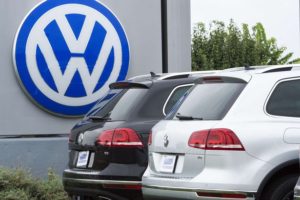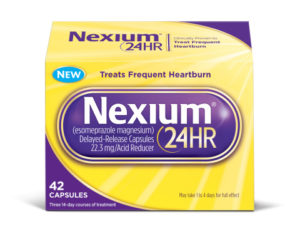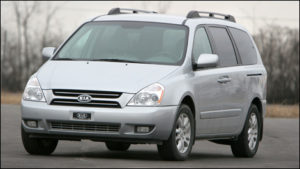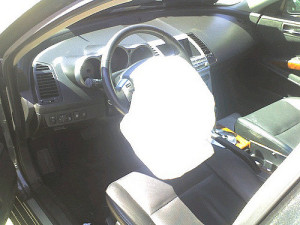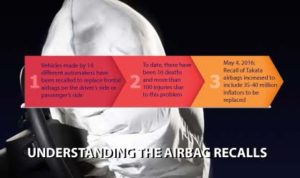Monsanto, a major agricultural corporation, can now be required to label its popular weed-killer, as a possible cancer threat.
California can require Monsanto to label Roundup, its top-selling herbicide, as a possible cancer threat, a judge tentatively ruled Friday.
Monsanto has insisted that its product poses no risk to people. 
On Friday, a federal judge denied the corporation’s bid to overturn a 2015 state ruling to label it as a cancer risk.
The main criticism is Roundup’s main ingredient. The popular weed-killer includes Glyphosate, a chemical which was originally touted as a way to kill weeds while leaving crops and plants intact.
The U.S. Environmental Protection Agency, says it has ‘low toxicity.’ The agency considers Glyphosate safe when used correctly.
However, under California Proposition 65 label requirements in California, businesses are required to notify Californians about significant amounts of chemicals in the products that they purchase.
Chemicals that require labeling include ingredients or additives in pesticides, common household products, food, drugs, dyes, or solvents.
California regulators are waiting for the lawsuit to be resolved before deciding whether to require warnings, said Sam Delson, a spokesman for the state Office of Environmental Health Hazard Assessment.




